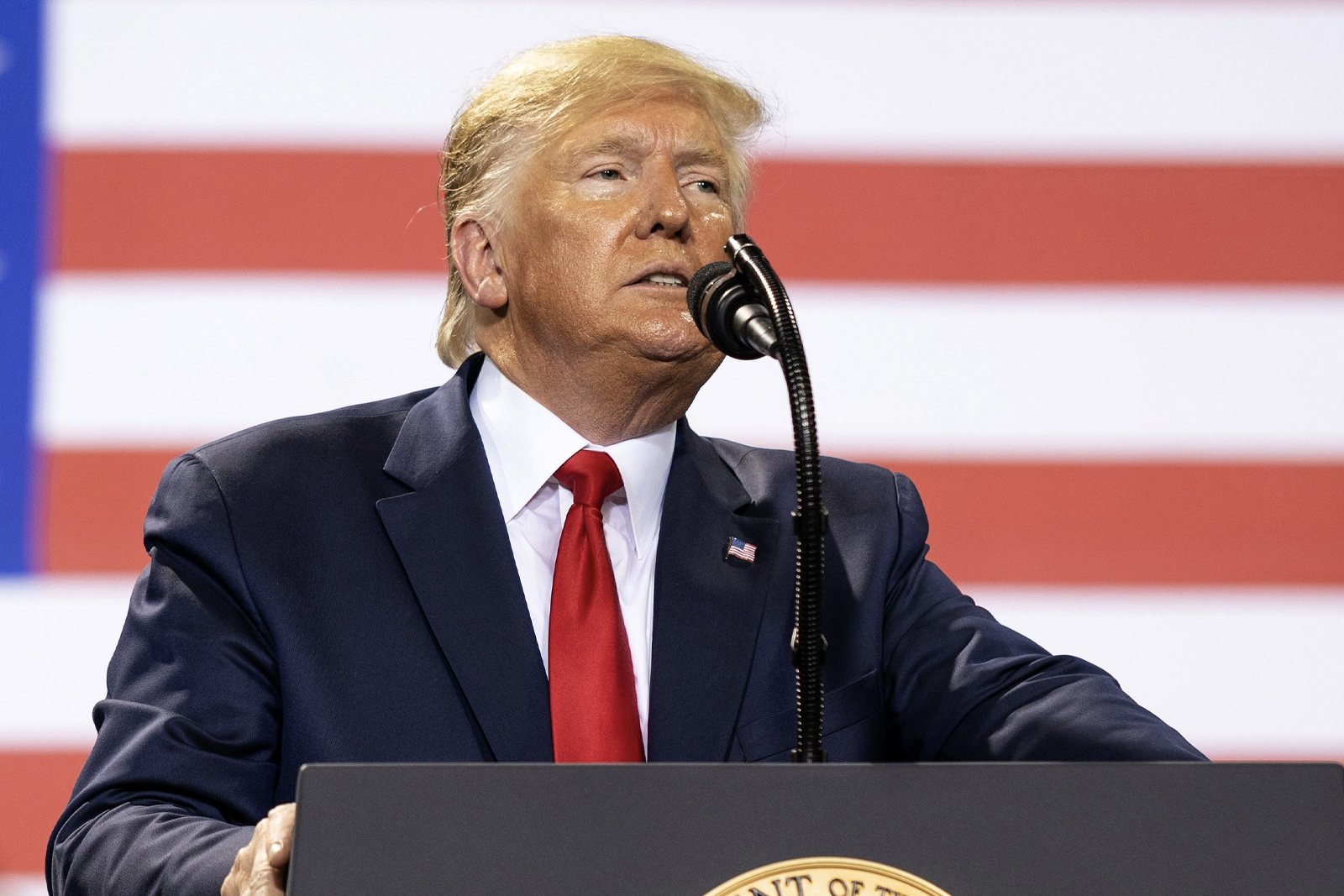
Politics
A Feinberg Appointment Signals Free Reign for the Swamp
Give it to Donald Trump: the man likes to double down.
With his choice to lead the Department of Defense, Pete Hegseth, mired in scandal, the incoming president has reportedly tapped financier Steve Feinberg to be Hegseth’s number two at the Pentagon.
Feinberg is the co-chief executive of Cerberus Capital Management, a major private equity fund known for its investments in the defense industry. With an estimated personal net worth approaching $5 billion, Feinberg and his wife are also frequent donors to Republican causes, including the president’s political action committee. For a president who once vowed to “drain the swamp,” Trump seems intent on filling it with his favorite creatures.
What this means for America’s defense capability—and the percentage of it assigned to Cerberus-backed companies—remains unclear. But the potential conflicts of interest are glaring. As Matt Duss, a researcher with the Center for International Policy, commented: “Having this revolving door of people who sit on boards of major defence contractors and then cycle in and out of the Pentagon is a problem that did not begin with Trump, but is a problem nonetheless.”
The list of potential conflicts also stretches abroad, where Cerberus’ “frontier” investment team, led by Gabriel Schulze, is making forays into high-risk markets like North Korea, Georgia, and Ethiopia. Trump 1.0 saw an apparent privileging of the president’s family’s interests in markets like China; will Trump 2.0 bring the same benefits to those who have bankrolled his campaigns?
Cerberus has also faced scrutiny over investments made by U.S. lawmakers in its funds. As reported by The Daily Beast, Nebraska Senator Pete Ricketts is an investor in Schulze’s funds, some of which have “Chinese characteristics.” These include companies like West China Cement, which is building vital infrastructure in key geopolitical chokepoints like Ethiopia. If the needs of American foreign policy clash with the material interests of key administration personnel, who will prevail?
In previous administrations, the answer was straightforward: America’s interests came first. But when the president himself steers public business toward private interests, why should anyone expect propriety from those further down the chain of command? And how would such self-dealing appear to the millions of Americans already disenchanted with the political process? With trust in politicians at a historic low, further hypocrisy could permanently poison the well of Washington.
Unfortunately, the media’s accountability function has diminished, curtailing its ability to expose conflicts of interest. Even when damning information comes to light, the polarized information environment ensures it is often dismissed by supporters of the implicated parties. America has slipped far from its 20th-century peak.
The 2008 global financial crisis—now seeming like a lifetime ago—was a watershed moment of public anger, as Americans watched Wall Street get bailed out while their own finances collapsed. That anger stemmed largely from the kind of financial engineering epitomized by figures like Feinberg, an alum of Drexel Burnham Lambert, the leveraged-buyout specialists of the 1980s who inflicted lasting damage on the real economy. People like Feinberg and Schulze symbolize the greed and laissez-faire ethos that have fueled the rise of private capital and its outsized rewards.
While Feinberg himself has acknowledged the absurdity of pay in his sector, his appointment is another stark reminder of the cozy relationship between the ultra-wealthy and a president eager to join their ranks. Trump may be the television version of a wealthy man, but Feinberg represents the genuine article.
Feinberg’s appointment, alongside figures like Paul Atkins at the SEC, signals that Trump intends to take a hands-off approach to regulating the forces behind wealth accumulation. Whether such a philosophy will enrich the United States as a whole remains an open question.
